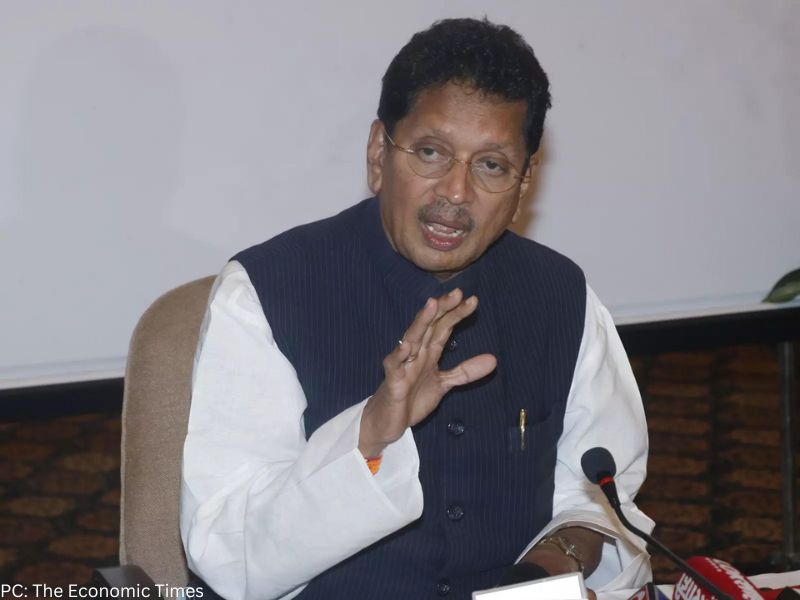-Dipta Joshi
Homework could be a thing of the past for grades I to IV school-going children in Maharashtra if the state government goes ahead with its proposal to do away with the practice of homework for all school-going children in the state. On Friday, the state’s school education minister, Deepak Kesarkar talked about authorities discussing such a proposal to lessen the burden of school-going children.
Speaking to the media, the minister said, “My personal opinion is that children should not be over-burdened and their brains should be allowed to develop during classes I to IV.” Kesarkar stressed the need to improve the quality of teaching to a level that there is no need to assign homework, “Homework should not be an escape for teachers. It is important that teachers teach effectively in less time with more knowledge so that it is not necessary to give homework to children to be done at home,” he added.
The minister further informed that the proposal was still in the initial stage. The minister would be speaking to all stake-holders – educational institutions and teacher’s associations before a policy decision could be taken to ensure that children are not over-burdened.
The government’s proposal seems to have divided educators. Many teachers believe homework is a must since it helps reinforce what the child has learnt at school and is also important to develop the child’s ability to self-study which is necessary to improve academic performance in the higher classes.
“The state school education ministry’s decision to completely junk the homework system for students between grade I to IV will discourage students from taking up homework altogether. Since these grades are the formative years of learning, fostering discipline in a student at this stage encourages independent learning. Homework also is a good practice to retain information and relive the concepts on your own. Moreover, it helps a student in learning time management. Homework singularly bridges the dots and builds a connection between the teacher, parents, school and students. Of course, the amount of homework can be managed according to the grades. The Government should focus more on providing infrastructure and take care of the teachers. Rest should be left to the academicians and experts. They can create an accountability system for teachers, but should not impede in the job of a teacher. The government should not interfere in academics,” says Dr Maithili Tambe, CEO, The Academy School, Pune
Supporting the government’s proposal, Bharat Malik, chairman, Arya Gurukul Schools says, “I would welcome such a decision because I believe teachers are best equipped to teach the child and clear all his doubts. The best teaching happens in a classroom when the students are interacting with their teachers and not at home. Loading children with homework only puts them under pressure.”
Most parents feel such a policy will prove a double edged sword for them. “While it is true that we don’t want our kids to be overburdened with self-study, having no homework is just as bad. Parents will have to be more vigilant about what their children do in the time they are not studying. Ideally, the school should teach the concepts so well in school that all the child has to do is revise his lessons at home,” says a Mumbai-based parent of two school-going boys who preferred not being named.
The current proposal is part of the many student-friendly initiatives the state’s school education department has come up with. The school education ministry is also likely to consider a policy regarding doing away with morning shifts for younger students. The ministry is of the opinion early school timings interferes with children’s sleep which impacts their brain development. Another suggestion the ministry has been mulling over is to add blank pages to school text books in which the students could take down notes. Speaking about this earlier this month, the state’s school edcuation minister had mentioned the move would eliminate the need to carry separate notebooks adding to the weight of students’ school bags.
In 2014, the state government had announced a policy to reduce the weight of school bags by limiting its weight to not more than 10 percent of the child’s weight. Parents’ complaints against the detrimental impact of heavy bags on the child’s posture etc. had led the government to draft a committee to recommend solutions. The committee had listed 44 solutions that could reduce the weight of school bags including replacing books with e-tablets, providing food and water in the schools itself thus removing the need to carry lunch boxes and water bottles etc. However, with parents still having complaints about heavy bags, the department proposed the addition of blank pages to school texts.
